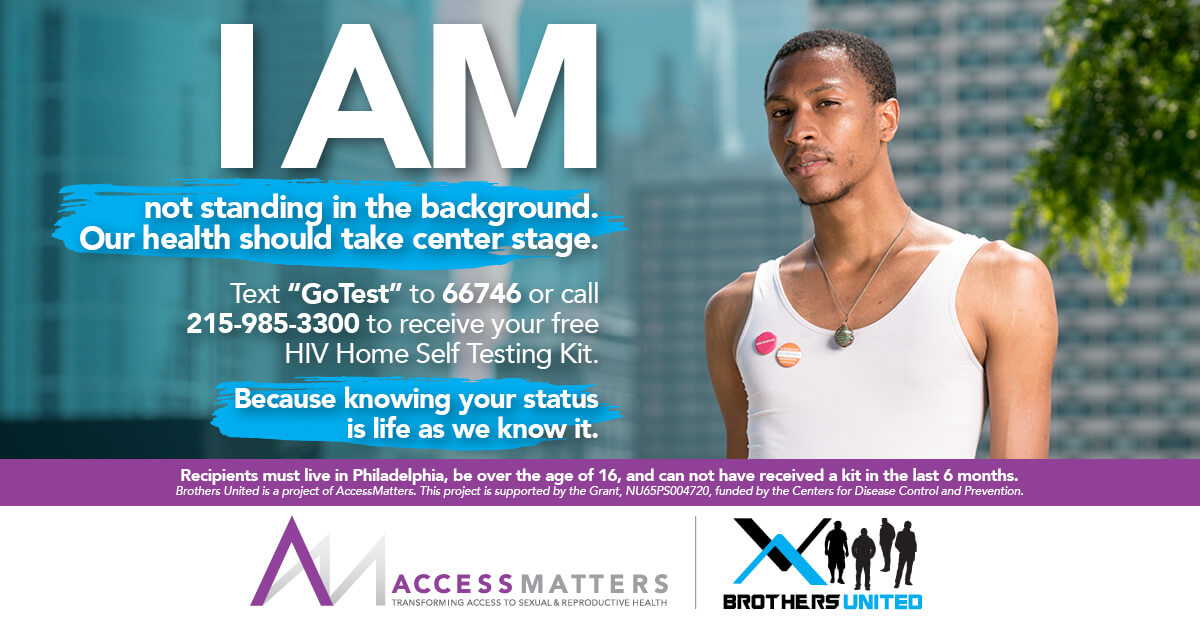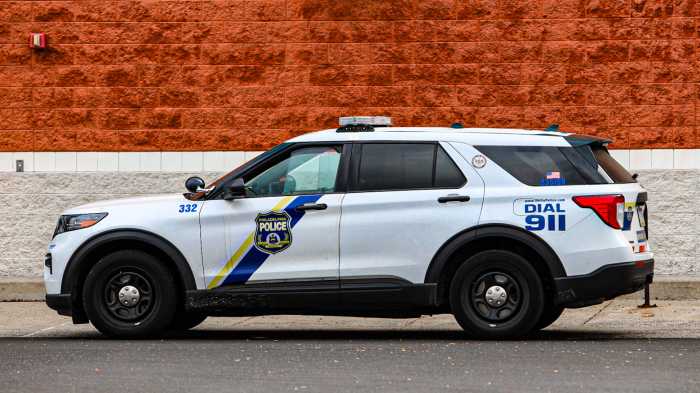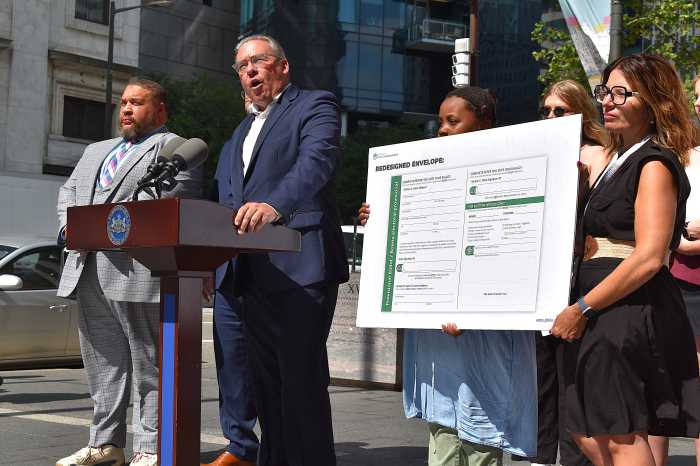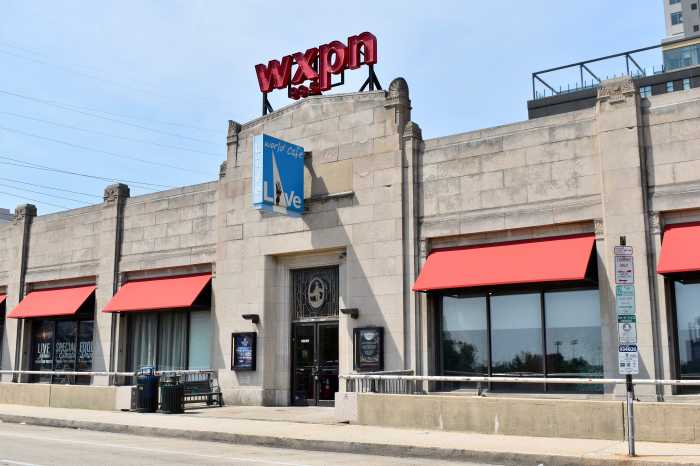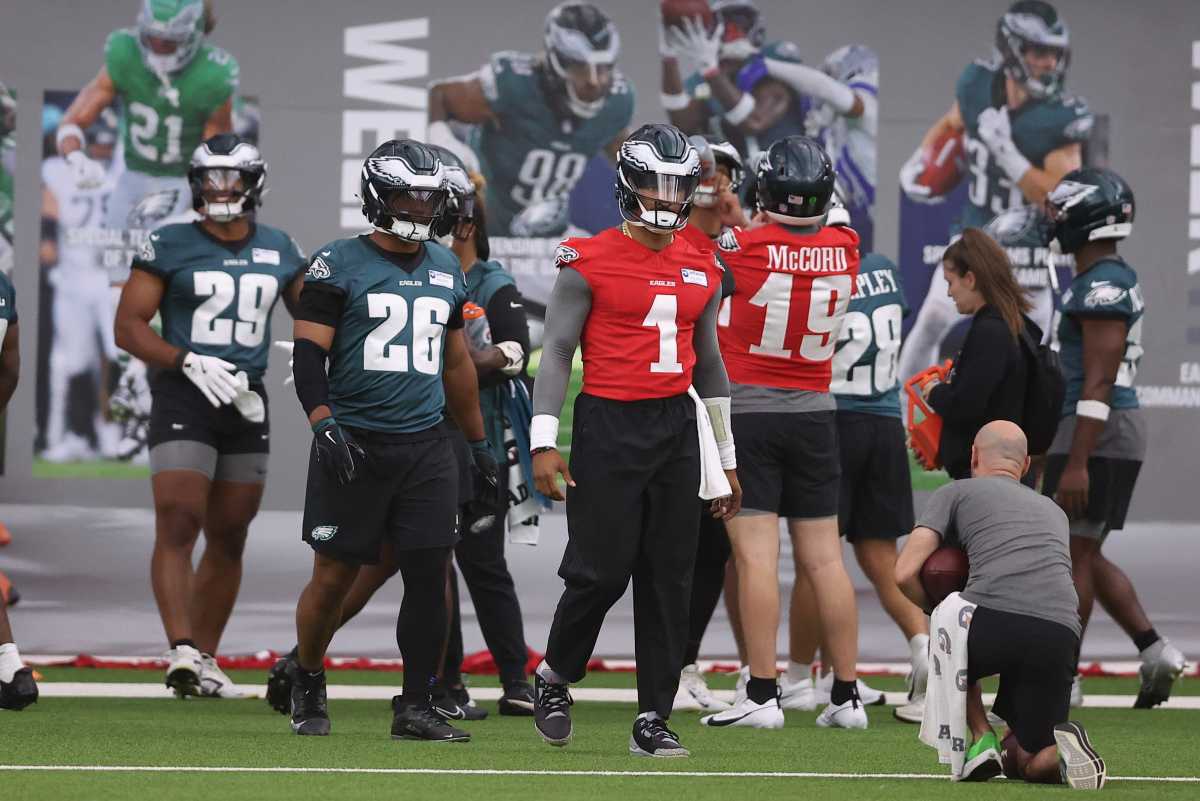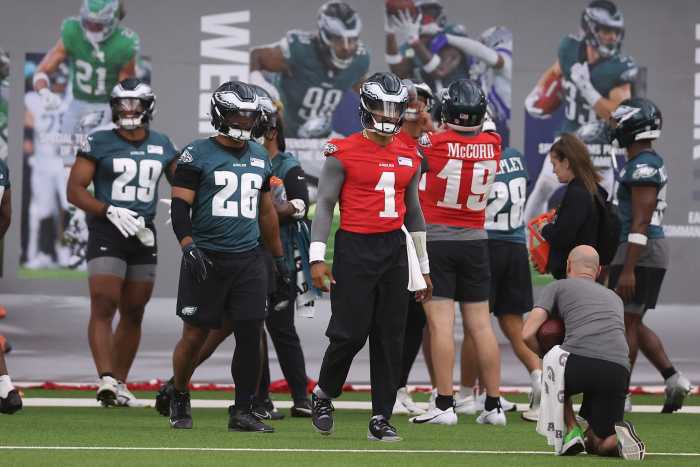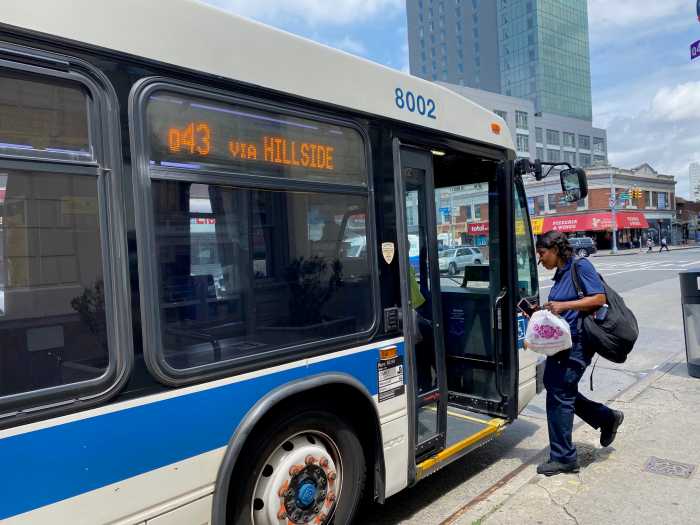Reginald Glover, under normal circumstances, works in a van between 10 p.m. and 2 a.m.
He’s part of a team called Brothers United that travels to different neighborhoods in Philadelphia testing people for HIV, screening for sexually transmitted diseases and providing counseling.
“The purpose of that is to provide this service for individuals on their time and whenever they feel ready,” Glover said.
That close-quarters interaction ground to a halt when the novel coronavirus arrived in the city, and Brothers United, part of AccessMatters, a sexual and reproductive health agency, has switched gears and is now focusing on sending out free at-home HIV tests.
Home-based test kits that provide results quickly, without the need to mail a sample to a laboratory, are relatively new, but are increasingly seen as important during the pandemic, when people may be afraid to go to a medical center.
It’s difficult to determine how much HIV testing has dropped due to the virus, Philadelphia Department of Public Health spokesman Jim Garrow said.
Garrow said lab results have dipped about 70 percent, though that doesn’t account for negative tests, which are not reported. The results also include tests related to HIV care.
“Most of the community based sites that the Health Department funds were shut down for safety reasons at the end of March,” Garrow said. “So there was very limited testing going on at these sites.”
AccessMatters, which has been testing 100 to 250 people a month, wasn’t able to test anybody, said LaToya Myers, the agency’s vice president of health access and service delivery.
Rapid response, at-home HIV tests were first approved by the Federal Drug Administration in 2012, and the city’s health department began incorporating them into its prevention initiative in October.
In the first six months of the program, the department mailed out about 500 kits. Since April, 167 have been distributed, officials said.
That decline may be due to the pandemic or a pullback on advertisements for the campaign, called “Philly, Keep on Loving,” Garrow said.
AccessMatters is redirecting money it would have spent on in-person testing to market its new initiative, which it has dubbed “Life as We Know It.”
The campaign, which launched last week, is in collaboration with the Philadelphia AIDS Activities Coordinating Office and the health department, Myers said.
It’s targeting African American and Latinx men between the ages of 18 and 45, particularly men who have sex with other men and injection drug users.
Men who have sex with men (MSM) have historically and continue to be disproportionally affected by HIV and AIDS.
Nearly half of the new HIV cases documented in Philadelphia in 2018 occurred in MSM, and about 85 percent of those diagnosed were either Black or Latinx, according to a report released by the city last year.
AccessMatters is spreading its message through ads on Jack’d, Plenty of Fish and Grindr, which are popular dating apps, as well as on social media.
On Saturday, which is National HIV Testing Day, the agency is hosting a Facebook Live conversation at 1 p.m. on topics including at-home testing and reducing stigma.
Anyone who receives a test from the agency will be able to get on the phone for a step-by-step walkthrough, Glover said, though written instructions will also be included. Participants will be offered counseling following the result and connected with a medical provider if they test positive, he said.
People interested in receiving a test can text GOTEST to 66476, call the AccessMatters Information Hotline at 215-985-3300, or visit www.phillykeeponloving.com.
Philadelphia residents 16 and older who haven’t received testing supplies in the last six months are eligible.

Metro is one of more than 20 news organizations producing Broke in Philly, a collaborative reporting project on economic mobility. Read more at brokeinphilly.org or follow on Twitter at @BrokeInPhilly.



